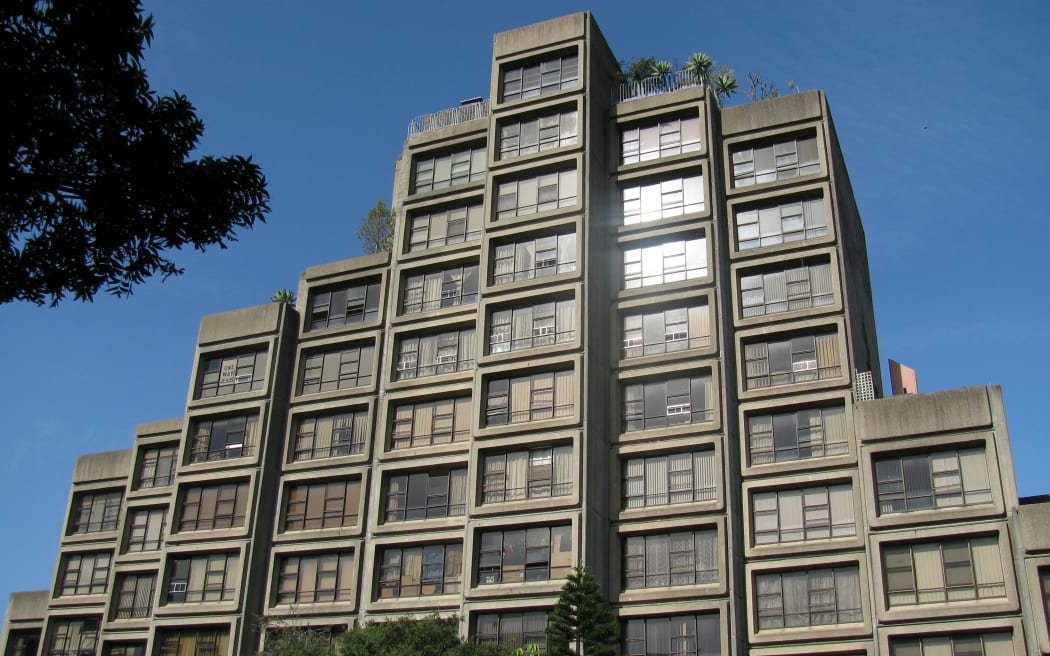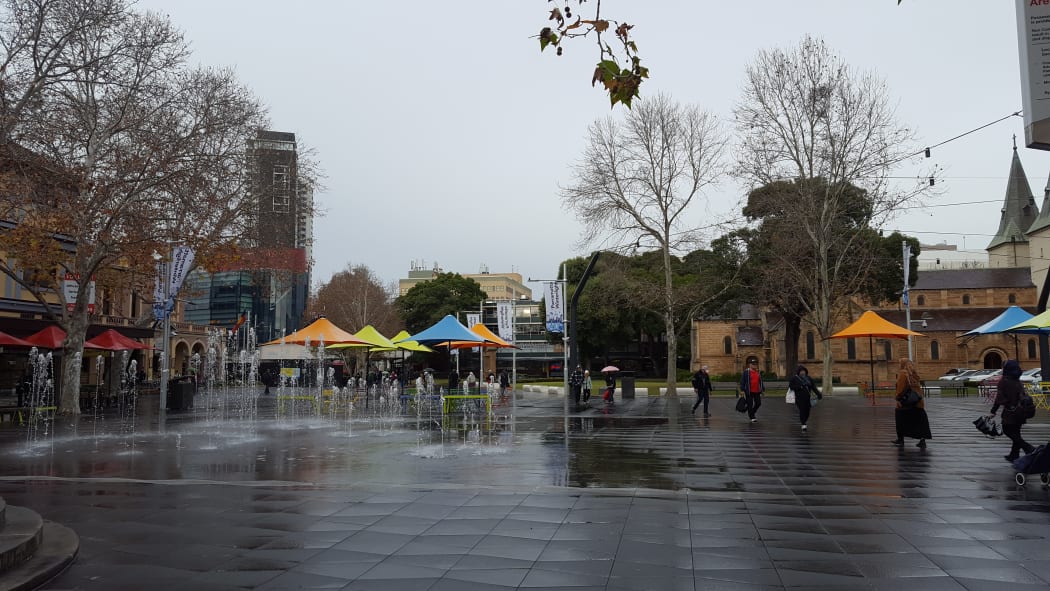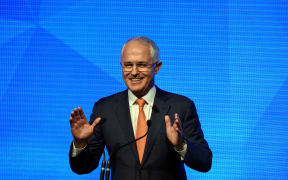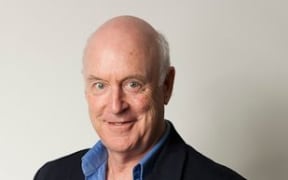Australian Election - Four days out from Australia's federal election, and a social agency based in Sydney is warning beneficiaries and low income families are being forgotten.
Anglicare said the two biggest parties were reluctant to do anything about the issue most important to those people - housing affordability.

Public housing in Sydney. Photo: Wikicommons
The median price of a house in Sydney now tops $A1 million and Anglicare said that was putting enormous pressure on rentals in the city - pushing prices even higher.
Anglicare's Sue King said most low income and welfare households in Sydney were paying 60 to 70 percent of what they earned on rent.
"So on a very low income of $A300 or $A400 a week, if you're spending that amount of money on rent you've got very little left to pay utilities and food and what we're finding increasingly is the number of people who are coming through, who are, what we classify as "food insecure" - that is they don't know where their next meal is coming from."
A study conducted by Anglicare in April showed that less than 1 percent of rental properties in greater Sydney were affordable to those on low incomes, or state welfare.
There was also a dearth of social housing stock in NSW with many waiting up to and more than 10 years for a home.

Paramatta in Sydney's west. Photo: RNZ / Demelza Leslie
Ms King said income support had not kept pace with the rise in rental prices.
"The biggest issue here is people just haven't got enough money to pay the rent.
"[The] Newstart [job-seeker allowance] is way below the poverty line and that's recognised internationally and government needs to raise the level of Newstart by at least $50 a week to even make it do-able for people."
Parramatta Labour MP Julie Owens said it was well known that Australia was one of the least affordable places in the world.
She said it was because of a property gains tax, coupled with negative gearing, where investors ran a property at a loss to pay less in tax.
"It was also designed to try and increase supply but unfortunately at the moment 85 percent of negative gearing properties are existing properties so it doesn't even do that, it just drives prices up."
Ms Owens said the Australian Labour party would restrict negative gearing to investments in new housing.
But the Liberal party said housing affordability was the result of there being an insufficient supply of houses.
Ms King said she would like whoever was elected to government to make affordable housing a priority.
"Currently there is no dedicated housing portfolio at the federal level and there needs to be. Currently there is no considered ten year plan for housing, affordability housing, at the federal level."
Ms King said the rising cost of housing in Australia has exacerbating a whole host of social issues.




